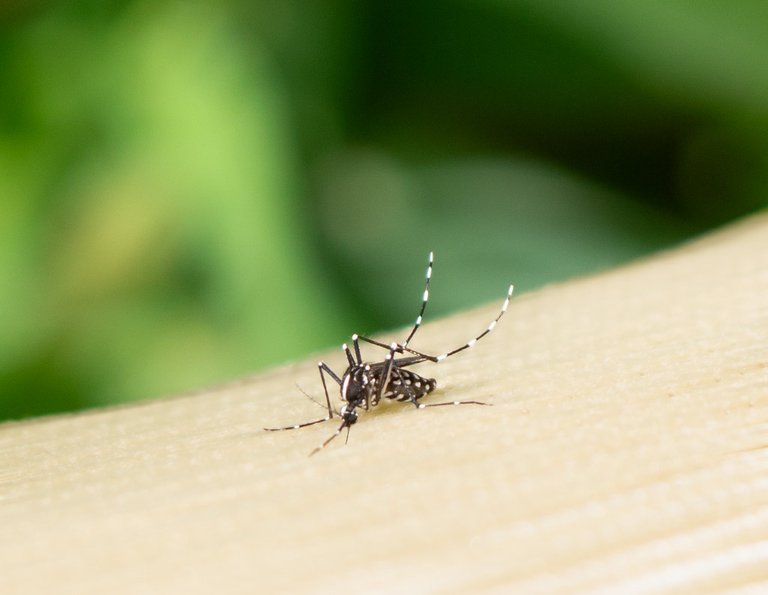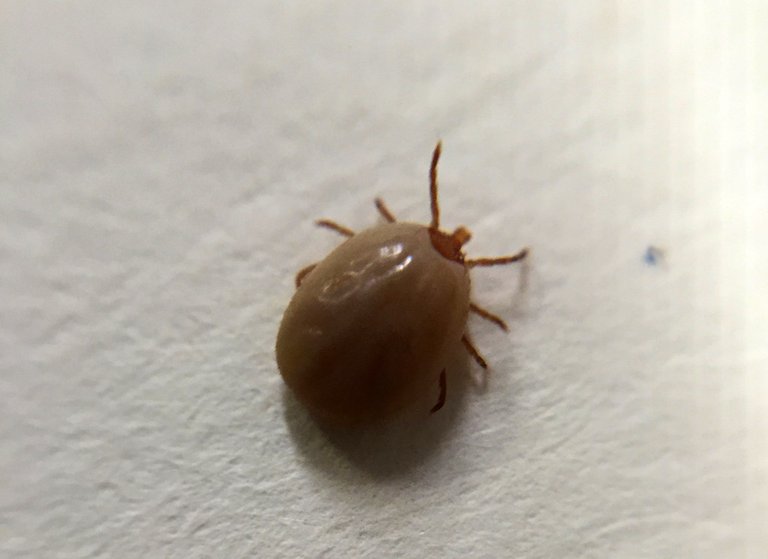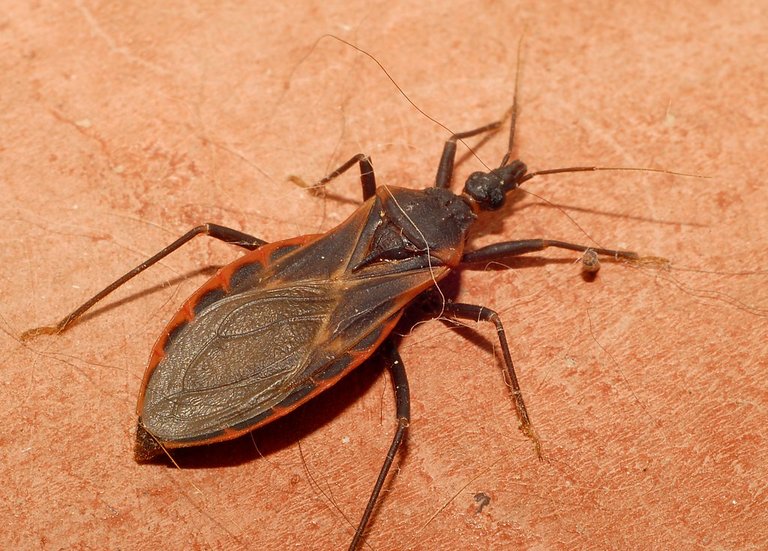While some insects are herbivores, some known as sanguivores just enjoy drinking blood and today, I want to discuss a few of them that live around us and sometimes or every time have a taste of our blood.
The most common of these animal is the Mosquito and it is regarded as the deadliest animal in the world and this is because it kills more than 700 thousand people annually and causing millions of people to fall ill. Most vulnerable to the people who die from mosquito are children and pregnant women with different type of mosquitoes causing different type of diseases in humans. The Anopheles gambiae causes Malaria, Aedes aegypti causes Zika virus Dengue Fever, and Chikungunya, and Culex pipiens responsible for West Nile Virus disease.
Its not like all mosquitoes feed on human blood, only the females do because they need blood in other to make eggs. They use their proboscis which has a protective shield (labium) that retracts for it to be able to penetrate. Mosquitoes have 6 needles with two having tiny teeth which is used to burrow into the skin. It isn't like the mosquito immediately knows where a blood vessel is, she needs to use her proboscis to find the blood vessel around the area she lands on and a receptor from her needle helps her to be able to identify chemicals that our blood vessels release naturally which serves as a guide for her.
Once a blood vessel is found, the proboscis is used to suck blood which is separated in the mosquitoes body from water and she expels the water from her body so as to be able to get more blood in. So as to allow our blood easily gets into their body, they release a chemical and it is the after effect of the chemical that causes this itchy reaction but asides from the chemical, she also deposits something with her saliva when she is about to leave and it can either be a parasite or a virus.
Its not like there is anything to gain from mosquitoes when they transfer these parasites or viruses from us, those disease causing agents as just souvenirs that ride along with the vector and they cause the diseases that I mentioned previously.
Another animal that sucks blood that I am familiar with is tick. This is because I spend a lot monthly to make sure that my cats and dog do not have ticks on their body. I usually always thought ticks lived for less than two weeks but I was shocked when one time when I checked and I saw they can live from 3 months to 3 years which is a long time. They live in stages from larva to Nymph, and adult after which the female lay eggs and they can transfer bacteria which causes Lyme disease when they bite us. Ticks are able to sense animals from the carbon dioxide that they give off and they use their claw to latch on surfaces where they can bite for blood.
In all of their stages, they only three times as they need enough blood to grow from larva to nymph. The hook in the mouth part of ticks help to tear apart the flesh so as to allow it to put in the Hypostome. The hooks are what allow the ticks stay on the body of the animals for a long time and when they are full, they fall off from the skin that they have been holding.
Another animal I will want to talk about is the Kissing Bug (Triatoma rubida) which uses its tucked away proboscis to suck blood and it can lead to serious illness and even death. It moves when people are sleeping, biting close to the lips or the eyes but do not mind biting other parts of the body that are not properly covered. They release an anesthetic which keeps us asleep for up to 20 or 30 minutes while they suck blood. Because the human blood is warm and could cause it to die, its cooling head filled with hemolymph absorb the heat and releases it through its exoskeleton on its head, thereby cooling the blood.
As it sucks, it releases saliva which can leave people with allergic reactions known as anaphylaxis but this is not all. While the bug is sucking, it excretes feces and urine which houses the parasite Trypanosoma cruzi which causes Chagas disease that can enter into the body if rubbed on an open surface or eyes. Chagas disease has been implicated in heart disease as one over three of people with chagas disease have been said to suffer from heart diseases in the future. Also, the Trypanosoma cruzi parasite in pregnant women can be transferred to their infants. Other insects that suck blood include Tsetse fly, and Lice but these ones are also not friendly because they can give us a whole lot of health problems.
Reference
https://www.who.int/news-room/fact-sheets/detail/chagas-disease
https://pmc.ncbi.nlm.nih.gov/articles/PMC3552304/
https://pmc.ncbi.nlm.nih.gov/articles/PMC2653922/
https://kissingbug.tamu.edu/
https://www.msdmanuals.com/home/infections/parasitic-infections-extraintestinal-protozoa/chagas-disease
https://pmc.ncbi.nlm.nih.gov/articles/PMC3544468/
https://www.cdc.gov/chagas/hcp/species/index.html
http://www.biology.ualberta.ca/parasites/ParPub/themes/attach/l080208.htm
https://www.cdc.gov/dpdx/ticks/index.html
https://www.cdc.gov/ticks/index.html
https://www.ncbi.nlm.nih.gov/books/NBK585164/
https://www.ecolab.com/pages/common-types-of-mosquitoes
https://www.epa.gov/mosquitocontrol/general-information-about-mosquitoes



